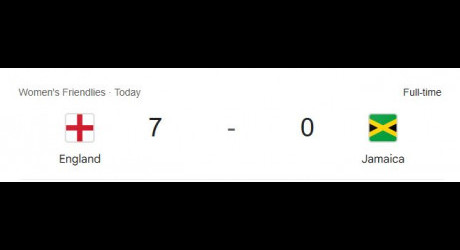By Prince Moore
Wisynco Group has been freed of a pollution charge after the prosecution admitted it did not have enough evidence to link the manufacturing and distribution company to the release of fluids into the Rio Cobre in July 2023.
The company was charged under the Wild Life Protection Act.
During a hearing in the St Catherine Parish Court on Monday, it was revealed that the conditions required for a successful prosecution had not been established.
Assistant Director of Public Prosecutions Dwayne Green told the court that, among other things, for a successful prosecution, the source of the effluent would have to be "manifestly clear."
Presiding Parish Judge Genetta Smikle then informed Wisynco's representative that the Crown was offering no further evidence in the matter.
Director of Public Prosecutions Paula Llewellyn issued a statement outlining that there was nothing on the file indicating what was in fact coming from a broken pipe which was attached to WISYNCO and going into the river.
She added that the substance that flowed through the pipe was never scientifically identified, as a matter of law, as a substance capable of falling within the definition of trade effluent, industrial waste, sewage, noxious or polluting matter, and therefore the prosecution was not in any position to evidentially prove what its character and nature was.
The DPP said, without the required evidence to create a link between the discharge from the pipeline and the source of said discharge, the prosecution would not be a viable one and, therefore, in the interests of justice, the matter would have to be discontinued by the offering of no further evidence.
The withdrawal of the pollution case against Wisynco marks the second time in a year that legal proceedings involving a major corporate entity and the Rio Cobre have ended without full ventilation of the issue in court.
Last November, the Natural Resources Conservation Authority and its administrative arm, the National Environment and Planning Agency controversially resolved a similar case involving Trade Winds Citrus through a confidential agreement.
It sparked criticism and concern about transparency and accountability in environmental enforcement.








 All feeds
All feeds







